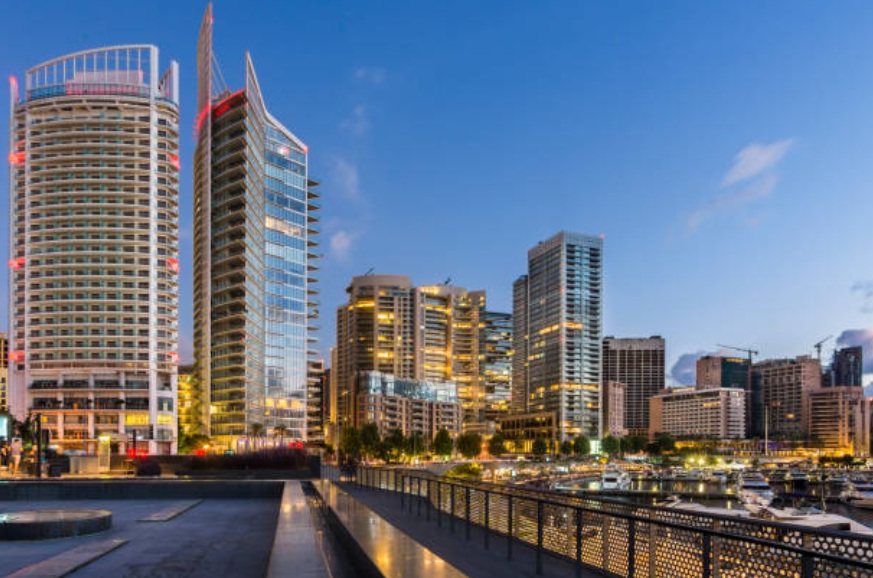
Lebanon's real estate market has been under significant pressure due to a variety of factors including economic turmoil, political instability, and the devastating impact of the Beirut port explosion. These elements have collectively influenced the dynamics of the market, causing shifts that both challenge and present opportunities for those involved in real estate.
Over the past few years, property prices in Lebanon have seen a noticeable decline. The ongoing economic crisis has resulted in a reduction of purchasing power among Lebanese citizens, which in turn has made real estate more accessible to a broader range of buyers. This trend is particularly evident in major urban centers like Beirut. Despite the lower prices, the demand for rental properties has surged. Many people, facing financial uncertainties, are opting for rental options as a more flexible and affordable alternative to purchasing homes. Developers are responding to this shift by focusing on affordable housing projects, aiming to meet the evolving needs of the market.

The challenges faced by the real estate sector are significant. The economic instability has led to decreased consumer confidence and purchasing power, affecting the ability of many to invest in property. Political uncertainty and the lack of a stable government have created an environment of hesitation among investors and developers. Furthermore, the Beirut port explosion has exacerbated infrastructure issues, adding layers of complexity to an already strained market.
Despite these hurdles, there are glimmers of hope and opportunities for growth. Lebanon has traditionally been an attractive destination for foreign investors. With the implementation of favorable policies and incentives, the country has the potential to attract more foreign investment in the real estate sector. There is also a growing emphasis on sustainable development within the industry. Developers are increasingly incorporating eco-friendly practices and materials to create more sustainable living environments. The adoption of technological advancements, such as virtual tours and online property listings, is becoming more common. These tools can help streamline the buying and selling process and attract a wider audience.
In conclusion, the real estate market in Lebanon is at a critical juncture. The challenges are substantial, but so are the opportunities for those who are innovative and willing to adapt. By prioritizing affordability, sustainability, and foreign investment, Lebanon's real estate sector can navigate through these challenging times and emerge stronger.